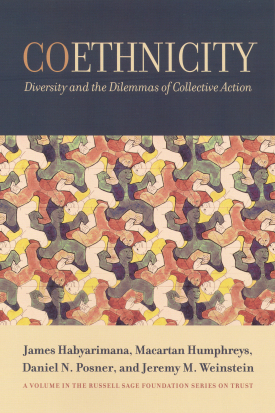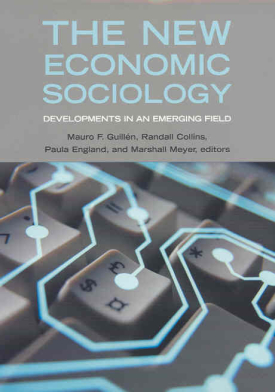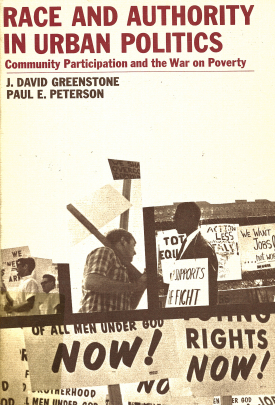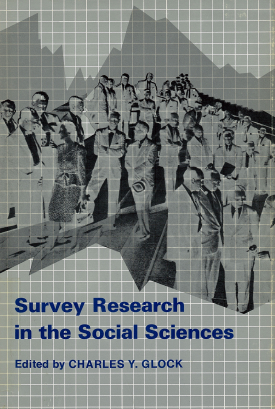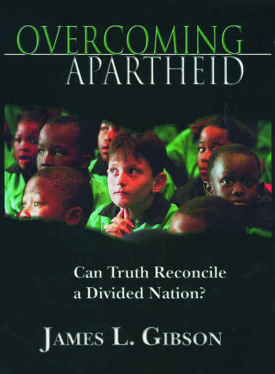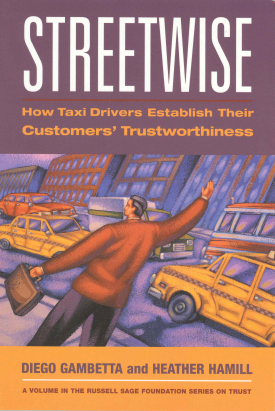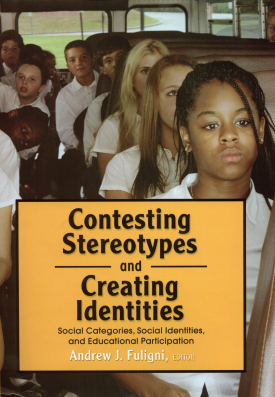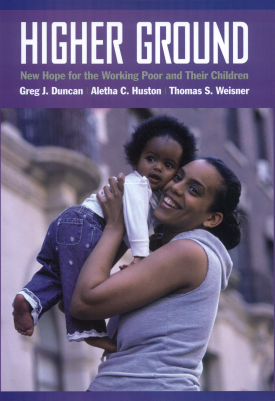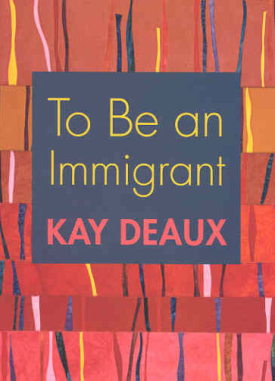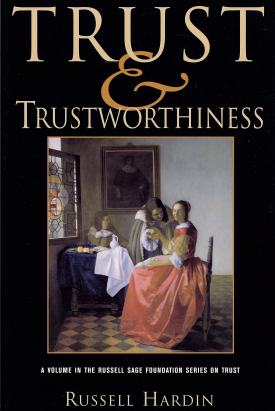
Trust and Trustworthiness
About This Book
What does it mean to "trust?" What makes us feel secure enough to place our confidence—even at times our welfare—in the hands of other people? Is it possible to "trust" an institution? What exactly do people mean when they claim to "distrust" their governments? As difficult as it may be to define, trust is essential to the formation and maintenance of a civil society. In Trust and Trustworthiness political scientist Russell Hardin addresses the standard theories of trust and articulates his own new and compelling idea: that much of what we call trust can be best described as "encapsulated interest."
Research into the roles of trust in our society has offered a broad range of often conflicting theories. Some theorists maintain that trust is a social virtue that cannot be reduced to strategic self-interest; others claim that trusting another person is ultimately a rational calculation based on information about that person and his or her incentives and motivations. Hardin argues that we place our trust in persons whom we believe to have strong reasons to act in our best interests. He claims that we are correct when we assume that the main incentive of those whom we trust is to maintain a relationship with us—whether it be for reasons of economic benefit or for love and friendship. Hardin articulates his theory using examples from a broad array of personal and social relationships, paying particular attention to explanations of the development of trusting relationships. He also examines trustworthiness and seeks to understand why people may behave in ways that violate their own self-interest in order to honor commitments they have made to others. The book also draws important distinctions between vernacular uses of "trust" and "trustworthiness," contrasting, for example, the type of trust (or distrust) we place in individuals with the trust we place in institutions
Trust and Trustworthiness represents the culmination of important new research into the roles of trust in our society; it offers a challenging new voice in the current discourse about the origins of cooperative behavior and its consequences for social and civic life.
RUSSELL HARDIN is professor of politics at New York University and professor of political science at Stanford University.
A Volume in the Russell Sage Foundation Series on Trust

